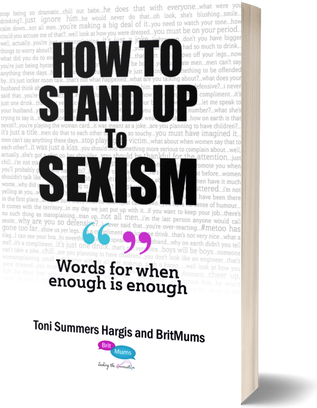Toni Summers Hargis, feminist
|
I've always been pretty hot on women's rights. I mean, why wouldn't I?
My feminist mouth has landed me in trouble a few times too. Like the job where I was deemed "unprofessional" and "difficult" for pointing out that the promotion criteria for women seemed entirely different than for the blokes. ("Isn't she a little too mousy?" or "She needs to do something about her appearance.") |
Or the job where I complained about being given all the typing – despite the fact that I couldn't really type, and I wasn't the lowest in the pecking order – BUT, I was the only female on the team. Nope. They don't like it when you point that out.
And the appraisal where I was criticised for not helping the only other female in a meeting to serve coffee - to ten guys, all of whom were perfectly capable of getting coffee for themselves. (And we were supposed to be at the meeting on an equal footing.)
|
I'd love to say that was all in the past, but a quick look around tells me that women are still putting up with an awful lot of sexism. While it might not be topless posters in the staff kitchen or being forced to wear towering heels, we still have a very long way to go.
So I'll keep talking about the big stuff and the stuff we're told is "nothing". (By the way, none of it is "nothing"; it all needs to stop.)
|
|
|
|
|
And here I am on Medium, talking about Microaggressions, men-as-allies, and many other aspects of sexism.
